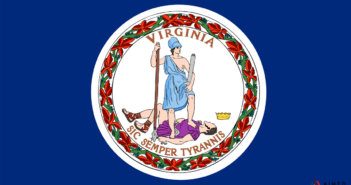On March 19, 2020, Sen. McConnell introduced the Coronavirus Aid, Relief, and Economic Security (CARES) Act in the U.S. Senate, which is the third relief package that will be considered by Congress in less than a month. While the first package focused on funding for federal health agencies and public health measures and the second package focused on providing additional resources for Americans affected by coronavirus, the third package is designed to reduce the damage that coronavirus (COVID-19) will inflict on the U.S. economy and reinforce the country’s public health infrastructure. The CARES Act contains a financial bailout for industries that will be most affected by coronavirus, including the airline industry, small business loans, financial assistance for American taxpayers, an exception that will allow Americans to avoid the 10 percent penalty for coronavirus-related withdrawals from their 401(k) made before retirement age, a delay of the tax filing deadline from April 15, 2020 to July 15, 2020, and the suspension of federal student loan payment obligations and interest accrual for up to six months.
One notable provision would require health plans to cover COVID-19 testing for free and would allow the use of tests if they are not yet approved by the U.S. Food and Drug Administration (FDA) as long as the developer has requested, or intends to request, emergency use authorization from the FDA. Another provision would suspend the Medicare sequestration cuts, which were implemented in 2013 and reduced payments for services provided through Medicare. If enacted, this legislation would suspend sequestration between May 1 and December 31, 2020.
While this legislation has already received criticism from members of both parties, Congress will likely move quickly to pass the legislation before the coronavirus outbreak becomes even more severe.
Last Updated on May 18, 2020 by Aimed Alliance



